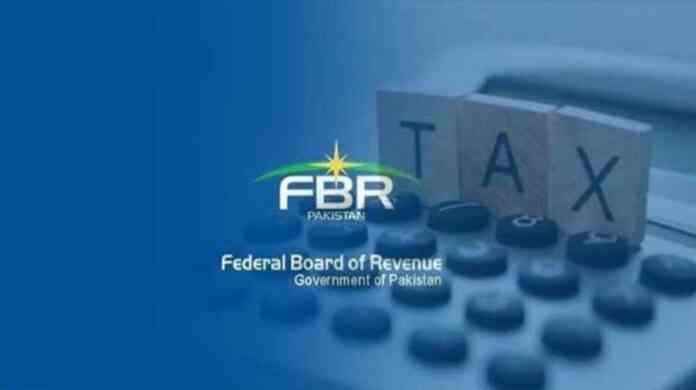Karachi, June 5, 2025 – The Federal Board of Revenue (FBR) has successfully recovered over Rs5 billion from K-Electric, following a major court ruling on a long-standing tax dispute. This recovery comes after a legal battle over the application of minimum tax provisions under Section 113 of the Income Tax Ordinance, 2001.
According to sources within the FBR, the tax demand of Rs5.12 billion was created by a tax office in Karachi against K-Electric and was fully recovered earlier this month. The payment was confirmed by both FBR officials and representatives of K-Electric, who stated that the amount was paid through computerized payment receipts (CPRs) on May 30, 2025.
The FBR sources claimed that the recovery made after a recent judgment passed by the Supreme Court of Pakistan.
Previously, a detailed judgment issued by the Sindh High Court (SHC) in October 2024, which ruled in favor of the FBR. The court held that the subsidy and fuel cost adjustments received by K-Electric from the government must be treated as part of the company’s turnover and are thus subject to minimum tax.
The FBR argued that the K-Electric had wrongly excluded government subsidies and fuel surcharge adjustments from its declared turnover. This led to the creation of the tax demand, which the company had initially challenged through the Appellate Tribunal Inland Revenue. However, the SHC overturned the Tribunal’s earlier decisions and sided with the FBR, stating that these revenue streams should be included when calculating minimum tax liability.
According to the SHC’s judgment, documents and financial records submitted by K-Electric itself supported the FBR’s case. The utility had listed government tariff adjustments and subsidies under its revenue in its audited financial statements for the year ending June 30, 2010. Notably, Rs3.766 billion was explicitly shown as revenue under the heading of fuel surcharge adjustments.
The court further noted that the National Electric Power Regulatory Authority (NEPRA) had allowed K-Electric to adjust fuel and power purchase costs against monthly consumer bills, and any remaining shortfall was compensated by the federal government. This ensured that K-Electric did not suffer financial losses, strengthening the FBR’s position that these amounts formed part of the company’s taxable turnover.
In conclusion, the SHC rejected K-Electric’s interpretation and upheld the FBR’s stance in all four tax references. The ruling allowed the FBR to proceed with the massive recovery, marking one of the most high-profile corporate tax wins in recent years. This case is now being seen as a precedent for how subsidies and adjustments should be treated under tax laws for large utility companies.
